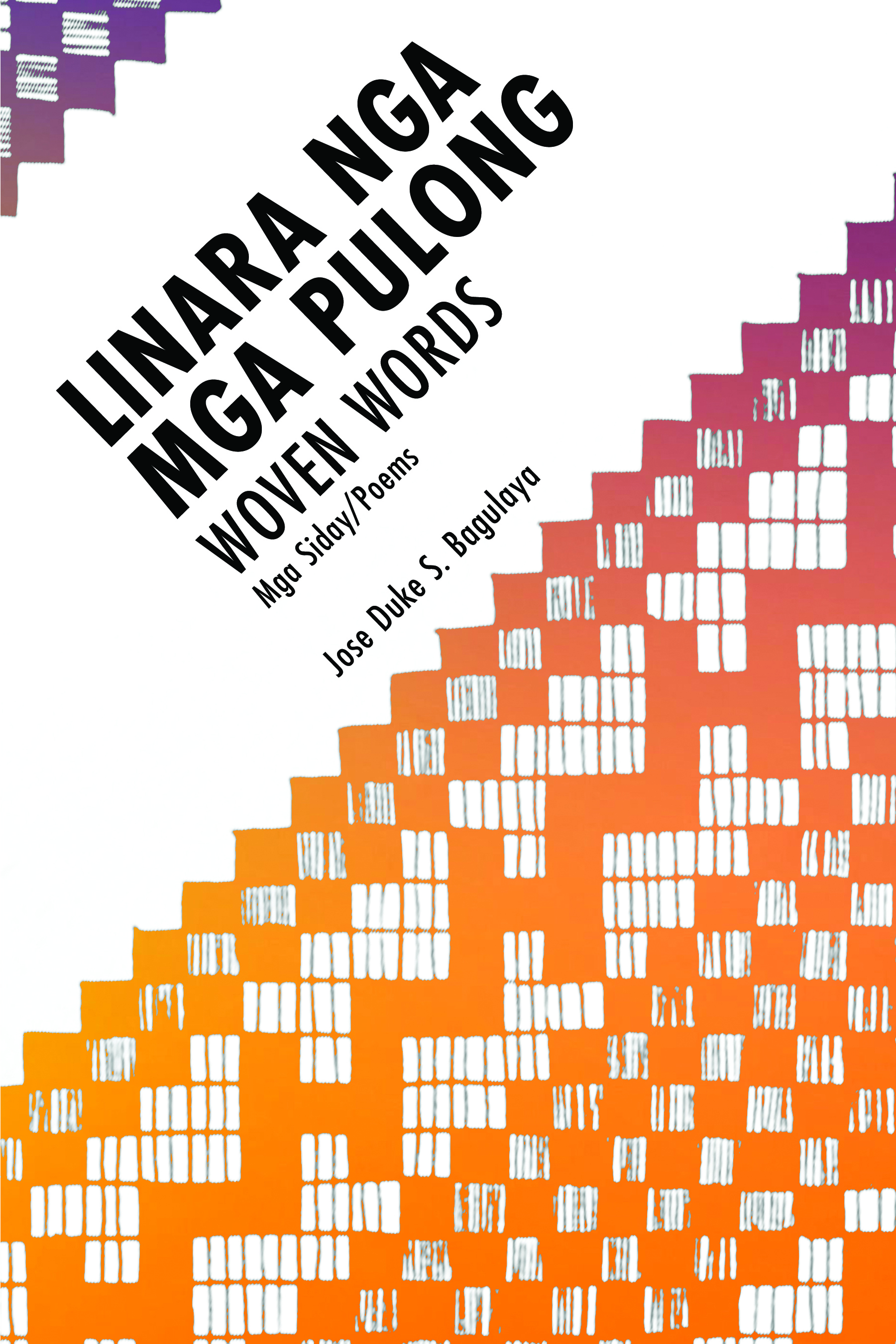
Linara Nga Mga Pulong
To write in Waray is a long and lonely struggle. The readership is miniscule, and publication is a long shot. One writes with a fear that all the poems will come to naught for lack of support from the general public and the institutions of government. One writes with a feeling that writing in the mother tongue is an act of futility, if not vanity. One writes not just against the marginality of the language but against the marginality of writing itself.
Set against this backdrop, Linara nga mga Pulong (Woven Words), a collection of about a hundred poems in Waray and their translations into English, signifies a defiance of historical and geopolitical marginalization of regional languages in the Philippines. It affirms the vitality of a people’s literary sensibility and poetic tradition, which, in not a few ways, deviate from the modernist visions of the hegemonic strands of Philippine literature.
ABOUT THE AUTHOR
Jose Duke S. Bagulaya is a native of Tacloban City and a former fellow of the UP National Writers Workshop. He holds a Bachelor of Laws, a BA in Communication Arts, and an MA in Comparative Literature. His book Writing Literary History: Mode of Economic Production and 20th Century Waray Poetry (UP Press) was shortlisted for the National Book Award in 2006. Before his entry into the academe, he was once elected to a public office in Tacloban City, a position which introduced him to the world of local politics. He started teaching literature courses at the University of the East in 2000. A year later, he transferred to the University of the Philippines Diliman, where he is currently Assistant Professor of Comparative Literature. He usually lectures on law and literature, Chinese literature, and literary theory. To break the monotony of academic life, he works as a lawyer in his spare time and has defended the Philippine Airlines Employees Association (PALEA), artist Carlos Celdran, and Marawi City resident Norkaya Mohamad (2017 Martial Law case of Lagman v. The Executive Secretary) in the Philippine Supreme Court. He has also litigated civil, labor, and land reform cases for an alternative law firm founded by nongovernment organization workers. He is presently a PhD student in the Faculty of Law, the University of Hong Kong.
